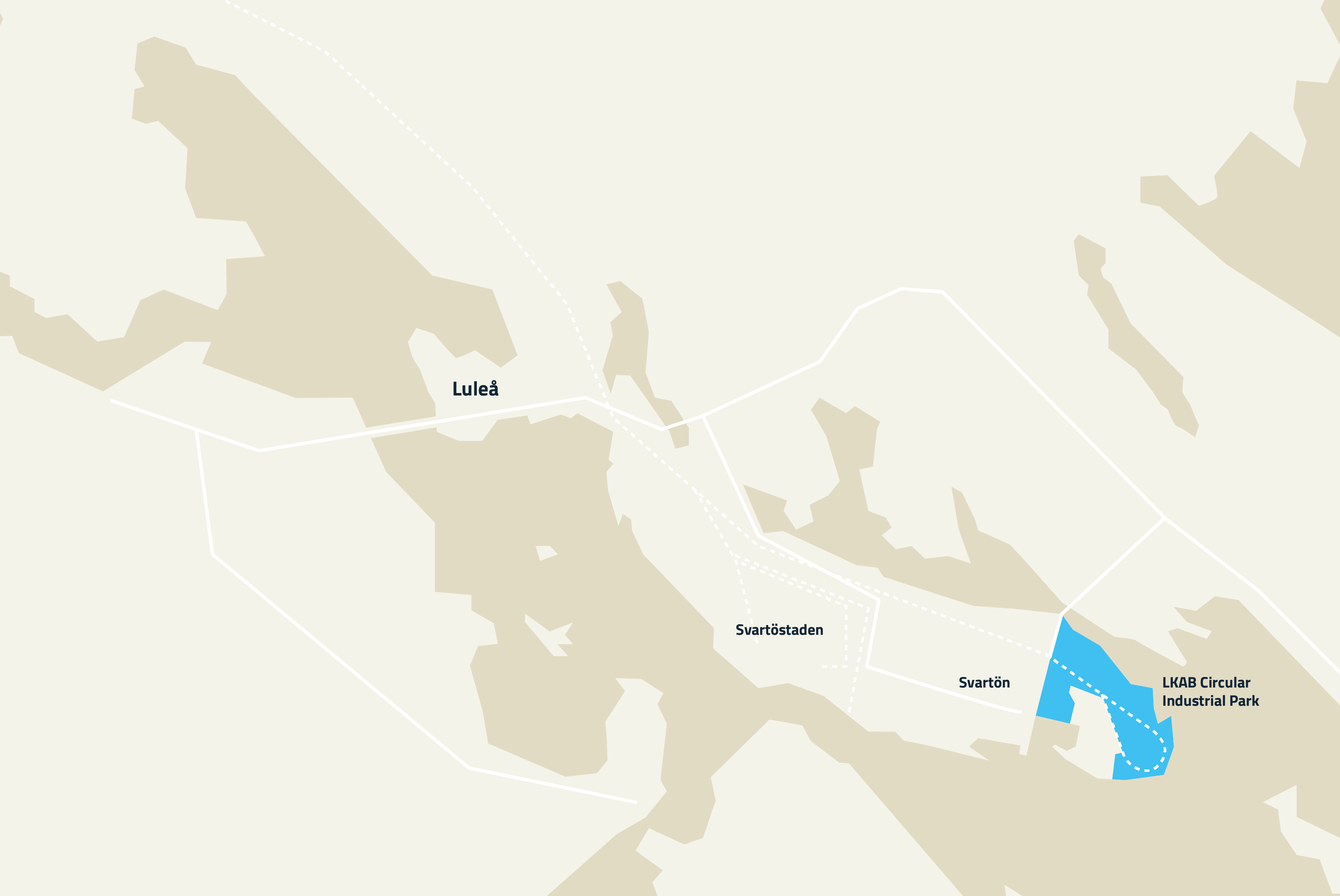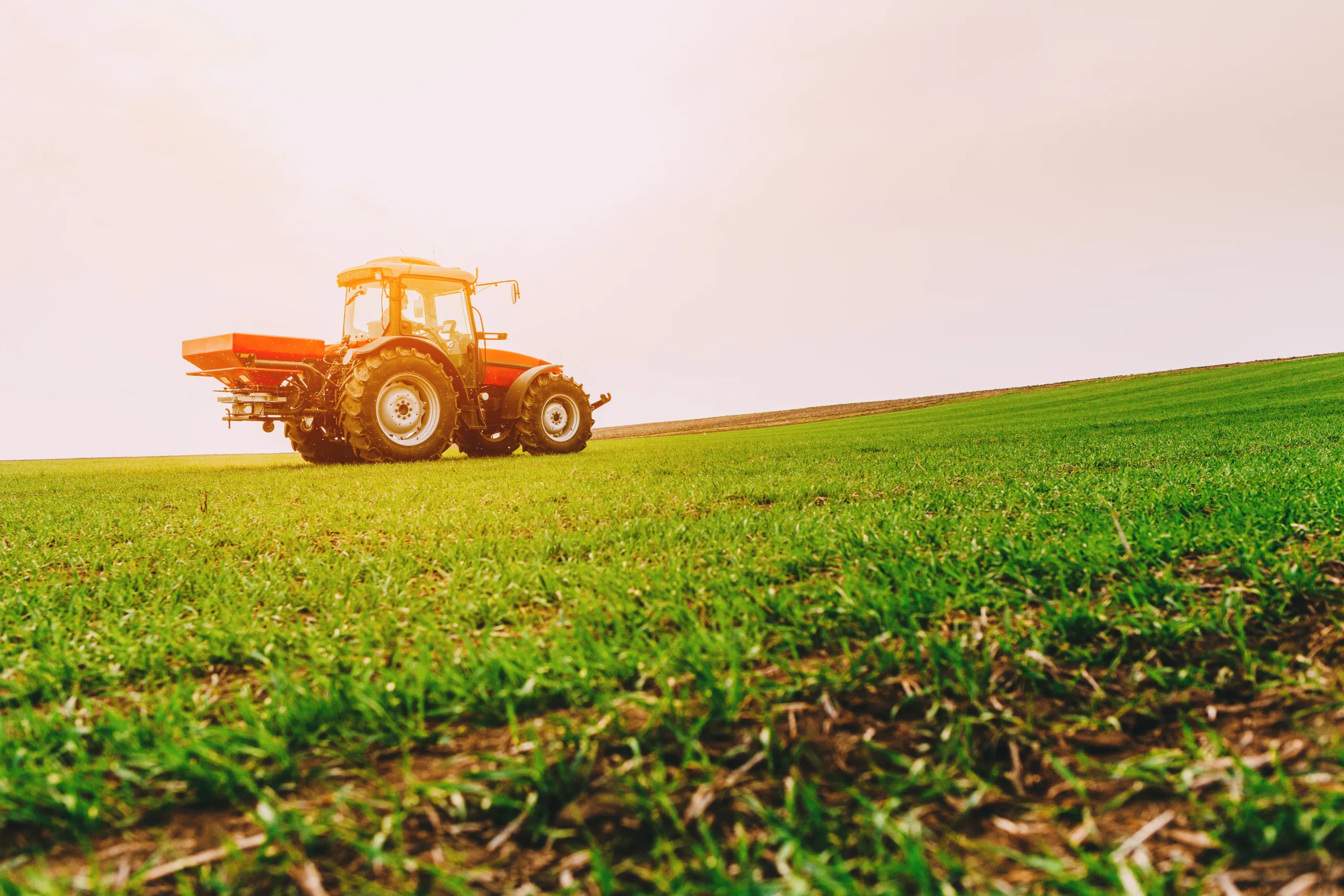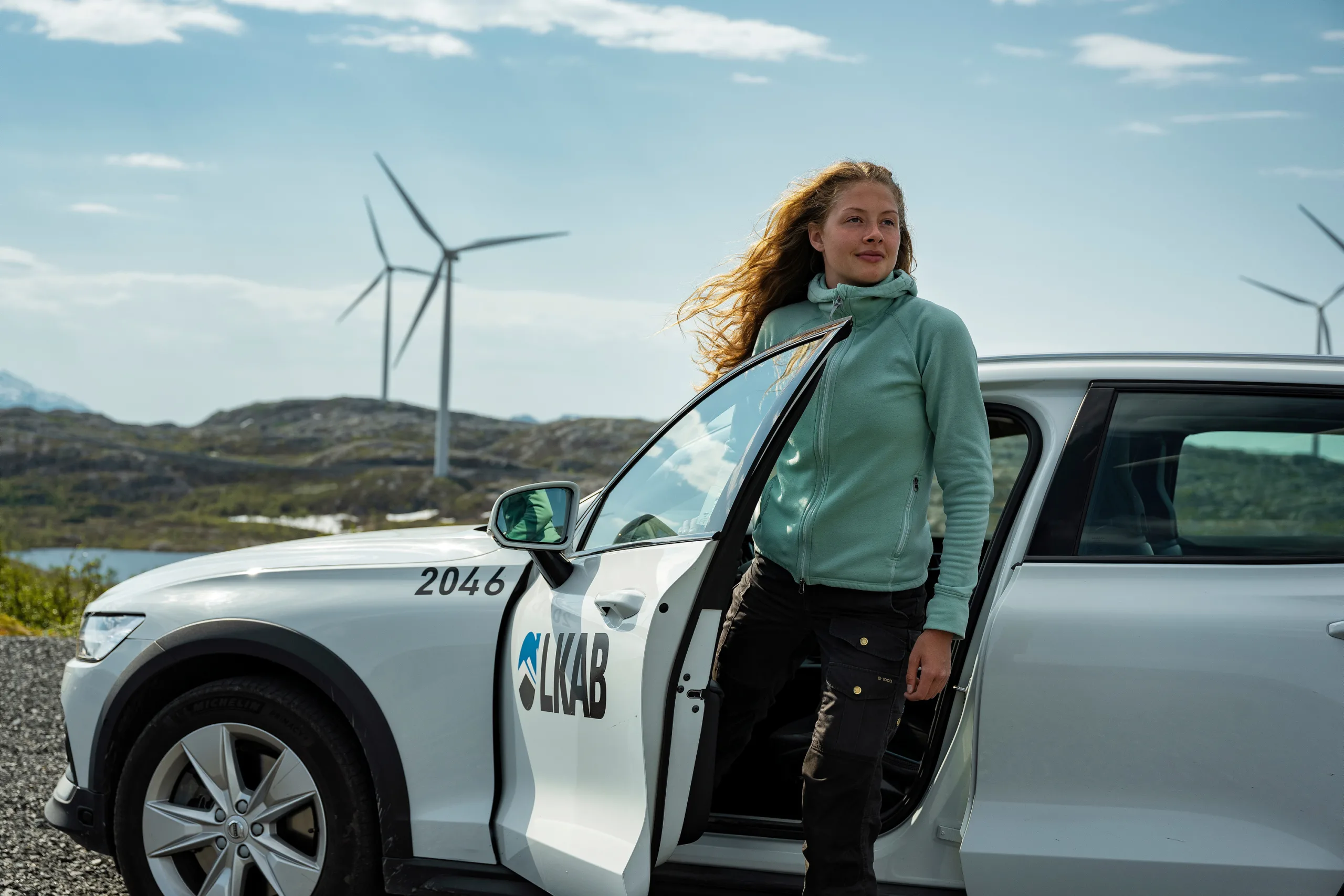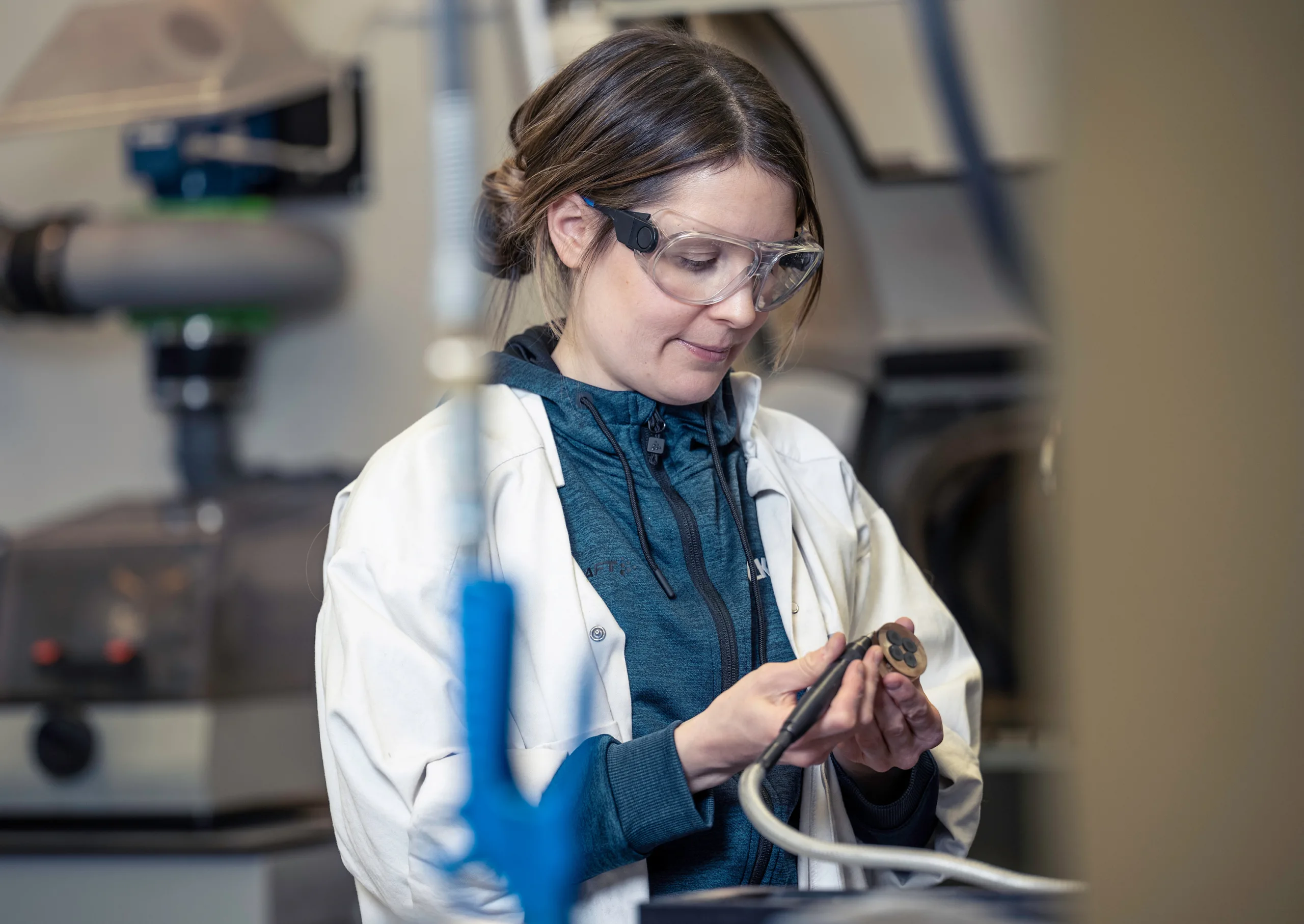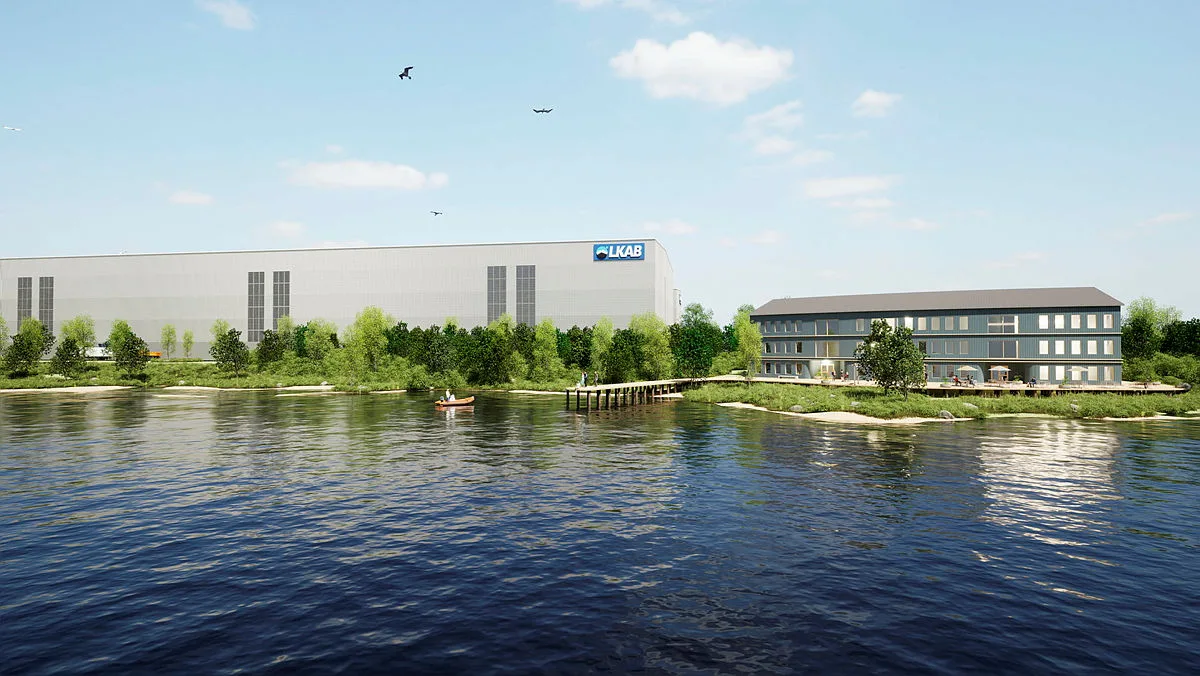
The emergence of a new industry in Norrbotten
In Luleå, LKAB is now planning for an industrial park for extracting critical minerals. It could create hundreds of new jobs. The facility will then be of great importance for Sweden’s and the EU’s self-sufficiency and reduced dependence on China and Russia when it comes to rare earth elements and mineral phosphorus fertilisers.
Many eyes are turning to the north, in what is being described as the green industrial revolution in Norrbotten. In Luleå, LKAB are planning to build a new fossil-free industrial park to recycle mining waste (tailings) from the iron ore production and turn it into products that are classified by the EU as critical raw materials: phosphorus and rare earth elements. This means an entirely new business is being created for LKAB, as well as a new chemical engineering industry for Norrbotten.
The demand for rare earth elements for electric cars and wind turbines, among others, is expected to increase more than fivefold by 2030. Today, Europe is also dependent on imports of these minerals, where China dominates the production. Phosphorus is one of three nutrients in mineral fertiliser and is essential for our food production. Along with rare earth elements, it is on the EU’s list of critical minerals. Europe is dependent on imports of these critical minerals and China completely dominates the market for rare earth elements, a factor which increases the vulnerability of European industry. Increased self-sufficiency in critical minerals is therefore high on the agenda throughout Europe.
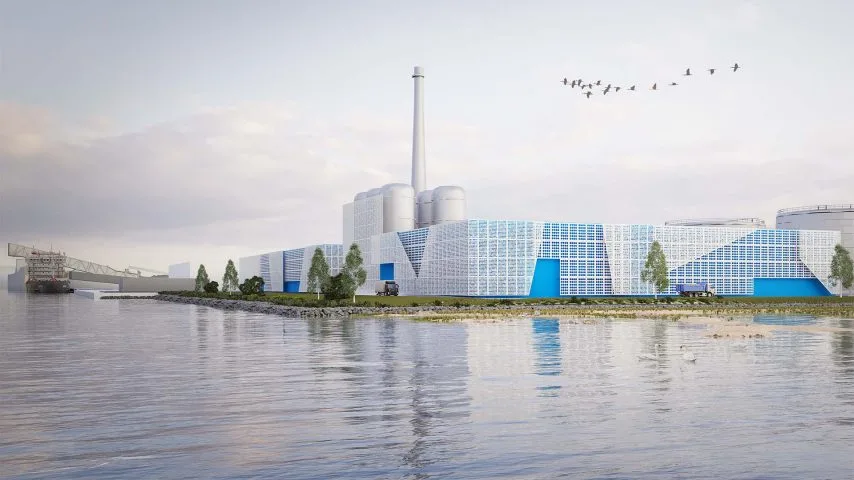
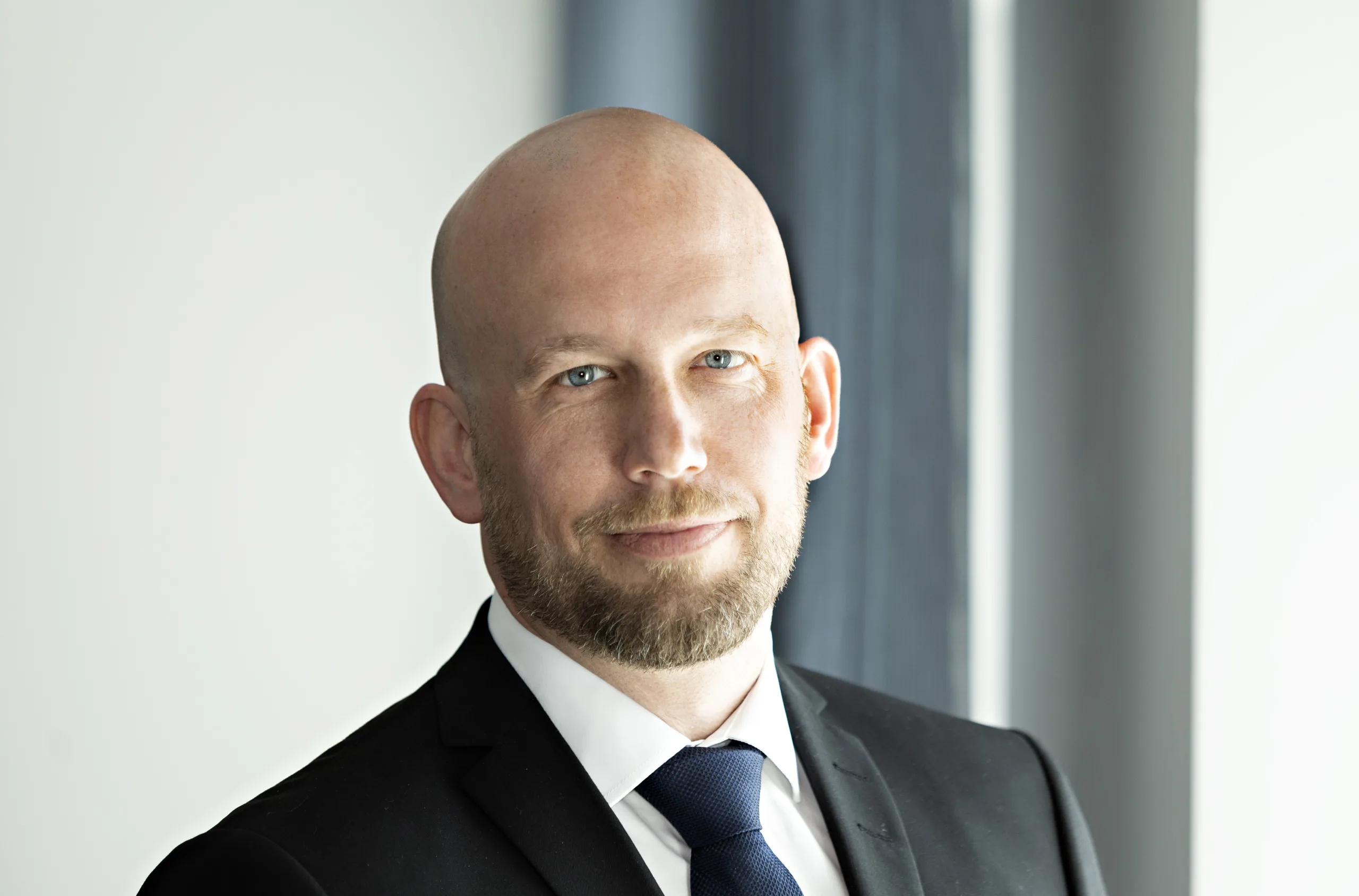
"The facility will be of great importance in making Sweden and Europe more self-sufficient in critical minerals – critical minerals that are absolutely crucial for achieving our climate transition."
David Högnelid, LKAB
It starts in the mine
At the heart of the entire project lies LKAB’s iron ore. During the processing of iron ore, by-products are being created. These by-products, so-called tailings, are deposited in tailings ponds. These tailings sand contains valuable minerals such as phosphorus and rare earth elements. Now LKAB plans to extract and utilise them.
LKAB’s strategy paves the way for zero carbon dioxide emissions from our own processes and products by the year 2045. The industrial park and its processes will be powered by fossil-free electricity and have its own production of raw materials and fossil-free hydrogen.
“The first step in the plan is to build an apatite plant directly adjacent to our production facilities where we will produce the apatite concentrate. The apatite concentrate will be transported via rail to the industrial park located on the coast in Luleå, Sweden, where it will be further processed to separate phosphorus and earth elements – with gypsum as yet another by-product,” says David Högnelid.
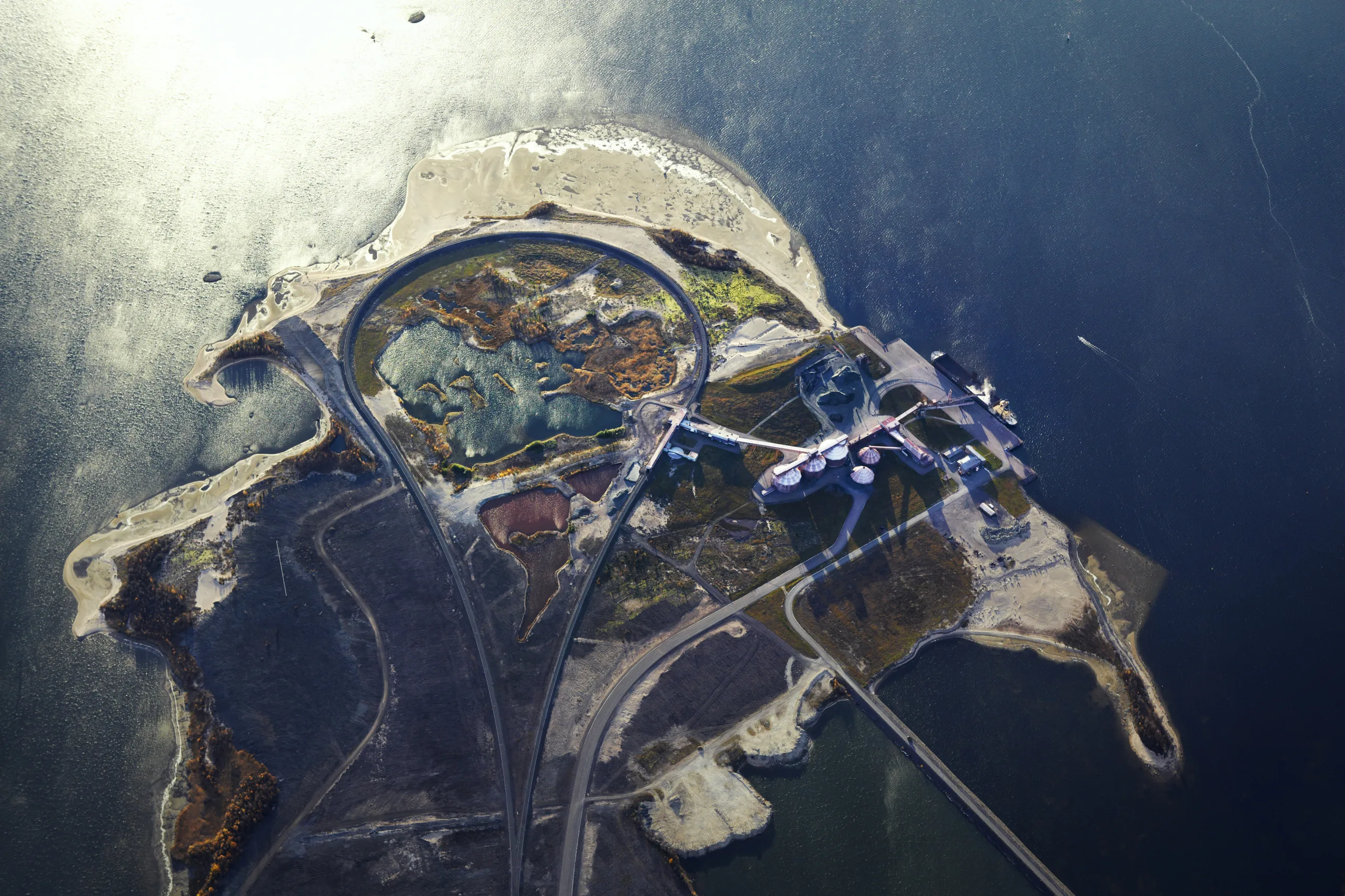
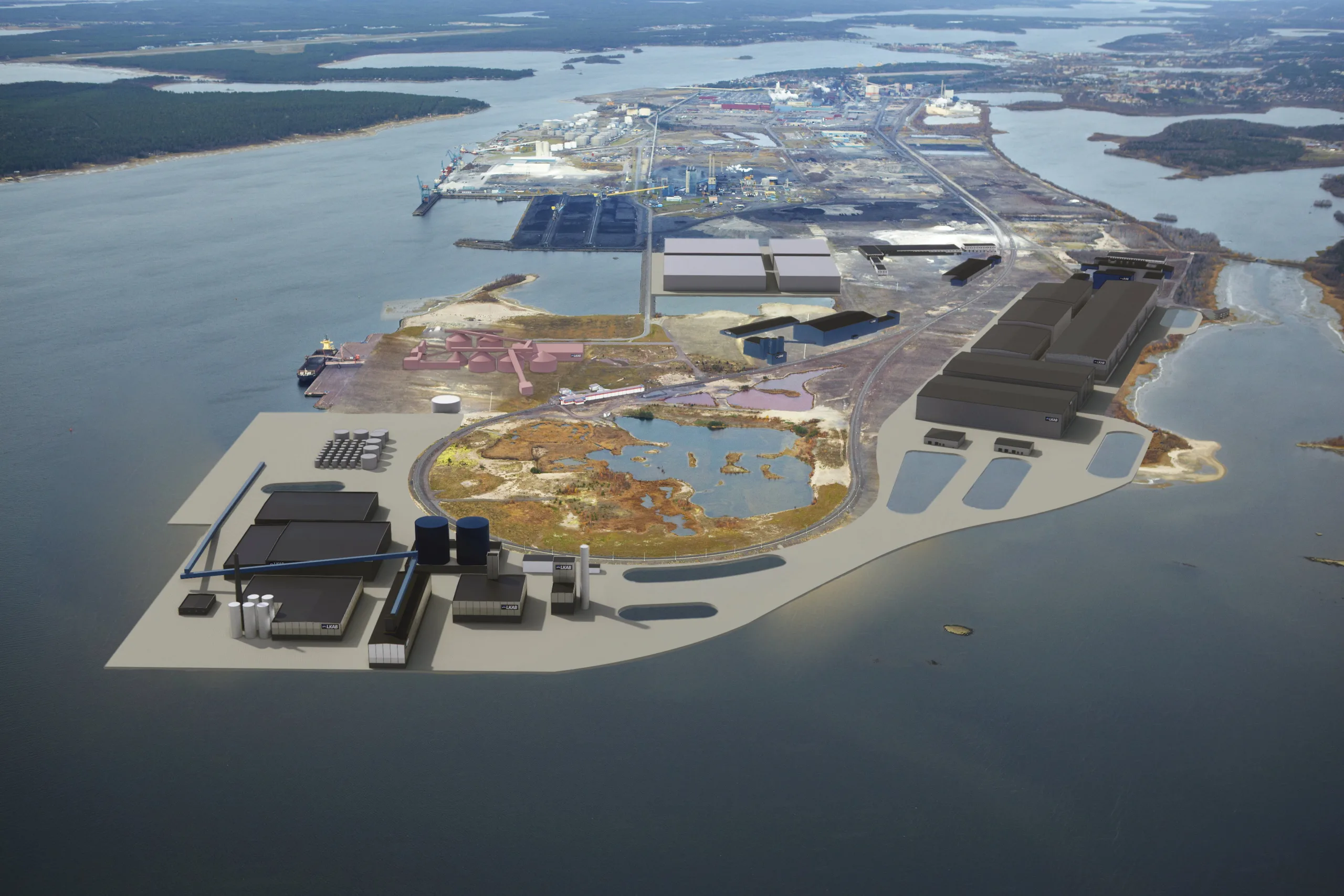
At the beginning of 2022, LKAB reported for the exploration results from what is known as the Per Geijer deposit north of Kiruna, showing that the ore in the deposit contains up to seven times more phosphorus than the orebodies that LKAB is currently mining in Kiruna today. Further studies during the year have shown that the deposit has more than 1.7 million tonnes of rare earth oxides (REO) that are used to produce rare earth elements – elements necessary for the permanent magnets needed for, among other things, the manufacture of electric cars and wind turbines. This would offer great potential for expansion of LKAB’s planned industrial park for critical minerals in Luleå.
“With circular extraction of phosphorus and rare earth elements as by-products of the iron ore mining, future mining of the Per Geijer deposit would give us the potential to replace the previous imports of phosphorus into Europe from Russia and would make a significant contribution to EU self-sufficiency in REE,” says David Högnelid.
In the circular industrial park in Luleå, LKAB will produce a concentrate containing a mix of the 17 rare earth elements, and the next step is to separate these. Today, China dominates this part of the value chain. In 2022 LKAB became the largest owner in the Norwegian company REEtec. REEtec has developed an innovative and sustainable technology for separation of rare earth elements – a process with up to 90 percent lower carbon dioxide emissions than the dominant Chinese production. The first factory for separation rare earth elements in Herøya will produce the rare earth elements neodymium and praseodymium used for permanent magnets, necessary in motors in electric cars and wind turbines.
“Since Europe currently has no extraction and has only marginal processing capacity, the partnership between LKAB and REEtec marks the start of something new in Europe. We are establishing the basis of a new value chain for sustainably produced products that is currently dominated by China,” concludes David Högnelid.
